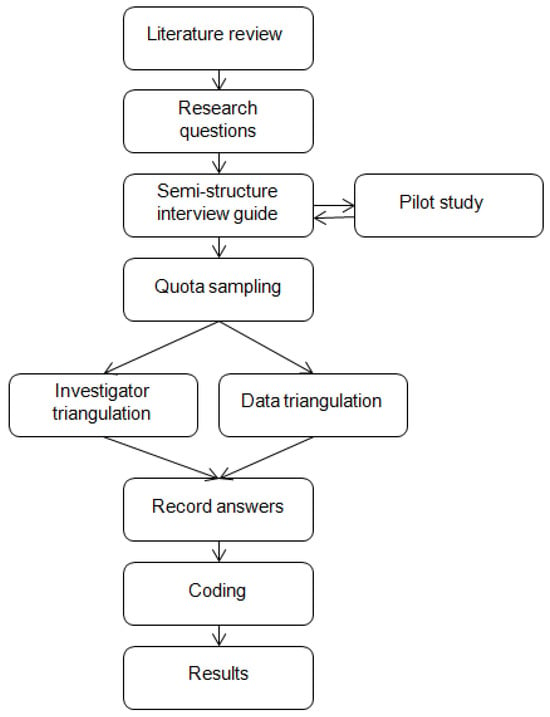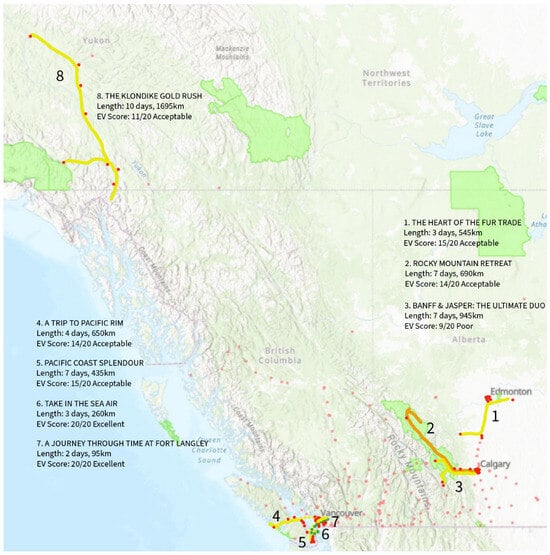State-of-the-Art Reviews in Tourism and Hospitality
A topical collection in Tourism and Hospitality (ISSN 2673-5768).
Viewed by 23788Editors
Interests: destination marketing; destination management; smart destinations; technology; accessibility; disability; sustainable development; digitization; leadership; employment; corporate responsibility; climate change; over-tourism
Special Issues, Collections and Topics in MDPI journals
Interests: financial management and control; accounting; auditing; feasibility analysis; asset management; entrepreneurial ecosystems; operations management
Special Issues, Collections and Topics in MDPI journals
2. Executive Director, Center for the Study of Cuban Culture and Economy, Blacksburg, VA 24060, USA
Interests: cultural branding; international marketing; iconic branding; place branding
Special Issues, Collections and Topics in MDPI journals
Topical Collection Information
Dear Colleagues,
State-of-the-art reviews are a new category of article in Tourism and Hospitality. This will only be available as a publishing option to authors who are specifically invited by our guest editor team.
Each state-of-the-art review paper is intended to identify and analyse an important emerging issue in a defined area of tourism and/or hospitality. We are particularly interested in covering multidisciplinary issues that cross the traditional divide between tourism and hospitality. The purpose of a state-of-the-art review paper is to present an authoritative and definitive overview of the present state of knowledge, as well as to identify an agenda for future research in the topic area.
Accordingly, we would like each paper to be jointly authored by three or more authors who are well known and well regarded in the field. The guest editor team are available to help in the team-building process by approaching potential co-authors.
These papers are major undertakings, and in recognition that a greater word limit will be needed to cover the ground, papers in this new category can be up to 12,000 words in length.
There will be a series of rolling deadlines for state-of-the-art review papers. The first is noted above, and others will follow at approximately 6-month intervals.
As these are invited papers, we are pleased to confirm that we will waive our usual article processing charge.
Papers must be within the scope of Tourism and Hospitality, which includes but is not limited to the following:
- Consumer behaviour and marketing;
- Human resource management;
- Demand and technological forecasting;
- Smart, virtual, and digital innovations;
- Branding and brand management;
- Design, planning, and development;
- Managing environmental, economic, and social impacts;
- Market segmentation, targeting, positioning;
- Social responsibility, sustainability, and ethics;
- Participatory, e-commerce, and sharing business models;
- Operations management;
- Training and staff development;
- Strategic management and marketing;
- Organisational behaviour, values, and culture;
- Networking, partnerships, and collaboration;
- Gender and identity;
- Change management;
- Product and service innovation;
- Service, delivery, quality, and recovery;
- Social media marketing and management;
- Risk, safety, security, and crisis management;
- Customer motivations, satisfaction, and intentions.
Papers should provide a narrative, state-of-the art review of current research on the chosen topic. Please avoid writing reviews that are primarily bibliometric, which tend to be of limited academic value. Please also avoid the use of the ‘systematic review’ method, as such papers tend to be too narrow in focus.
Papers can be submitted using the APA 7th edition referencing or MDPI house style, whichever is most convenient.
Please note that State-of-the-Art Review papers are by invitation only.
Prof. Dr. Brian Garrod
Dr. Leonard Jackson
Prof. Dr. Joseph L. Scarpaci
Prof. Dr. Alan Fyall
Collection Editors
Manuscript Submission Information
Manuscripts should be submitted online at www.mdpi.com by registering and logging in to this website. Once you are registered, click here to go to the submission form. Manuscripts can be submitted until the deadline. All submissions that pass pre-check are peer-reviewed. Accepted papers will be published continuously in the journal (as soon as accepted) and will be listed together on the collection website. Research articles, review articles as well as short communications are invited. For planned papers, a title and short abstract (about 100 words) can be sent to the Editorial Office for announcement on this website.
Submitted manuscripts should not have been published previously, nor be under consideration for publication elsewhere (except conference proceedings papers). All manuscripts are thoroughly refereed through a single-blind peer-review process. A guide for authors and other relevant information for submission of manuscripts is available on the Instructions for Authors page. Tourism and Hospitality is an international peer-reviewed open access semimonthly journal published by MDPI.
Please visit the Instructions for Authors page before submitting a manuscript. The Article Processing Charge (APC) for publication in this open access journal is 1200 CHF (Swiss Francs). Submitted papers should be well formatted and use good English. Authors may use MDPI's English editing service prior to publication or during author revisions.
Keywords
- tourism
- hospitality
- interdisciplinary topics
- state-of-the-art review
- narrative review
- emerging issues
- future research agenda










